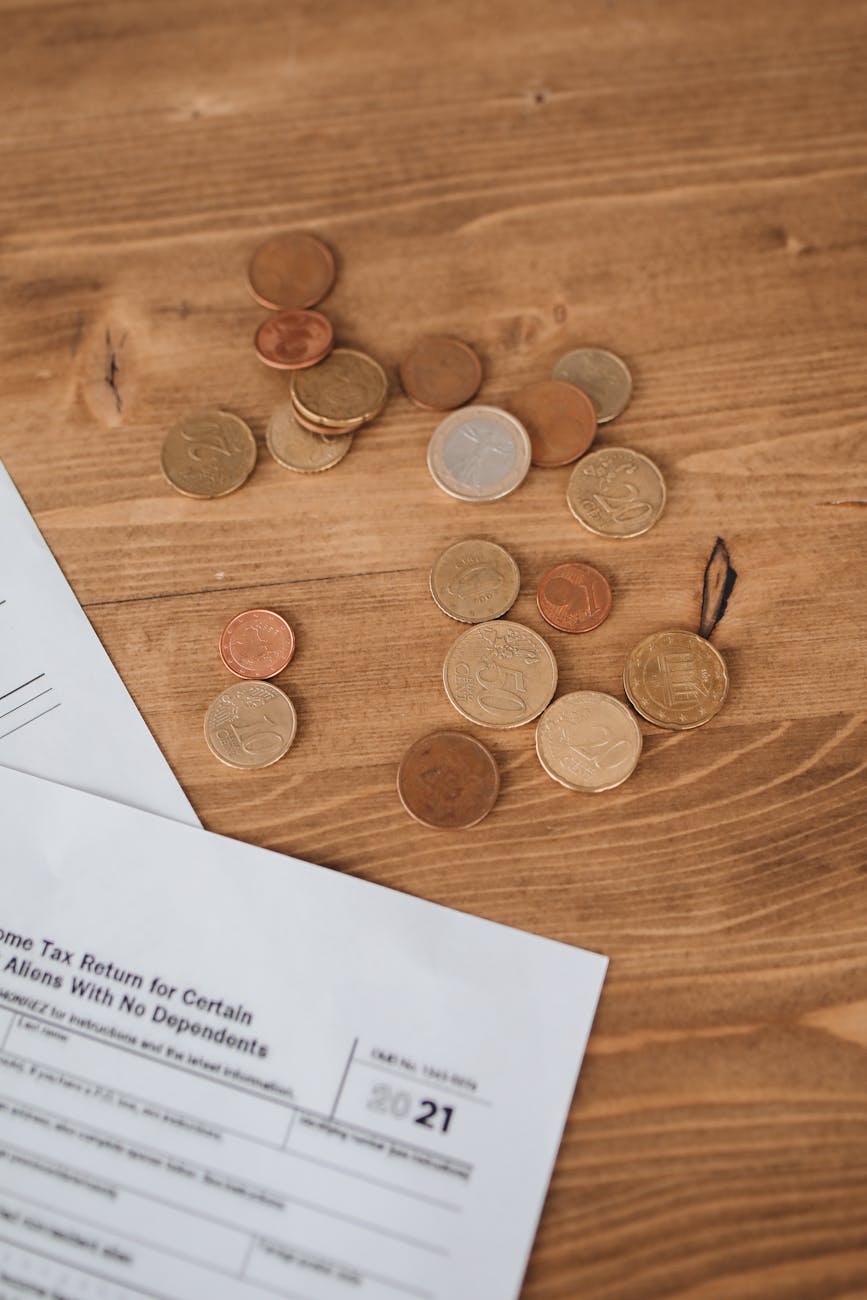Ever feel like the taxman is lurking around every corner, waiting to pounce on your hard-earned investments? You’re definitely not alone. Navigating the murky waters of taxes when investing in the UK can feel like trying to find a needle in a haystack. But fear not! Let’s chat about what you need to know, so you can keep your investment strategy smart and your tax implications in check.
First off, let’s talk about capital gains tax. You might be thinking, “What’s that?” Essentially, it’s the tax you pay on the profit when you sell an asset that’s increased in value. Imagine you bought a snazzy vintage car for £10,000 and later sold it for £15,000. That £5,000 profit? Yep, that’s capital gains! In the UK, everyone has an annual tax-free allowance—currently, it’s £12,300. So, if your gains are below that, you can breathe easy. But what happens if you exceed it? Well, then it’s time to roll up your sleeves and figure out how much you owe. The rates can be 10% or 20%, depending on your overall income. Just remember, if you’re a basic rate taxpayer, you’ll pay the lower rate!
Now, hold on. Let’s not forget about dividends. If you’re investing in stocks and shares, you might receive dividends, which is basically your share of the company’s profits. Sounds great, right? But here’s the kicker—dividend income is also taxable. You get a £2,000 tax-free allowance, but anything beyond that will be taxed at rates of 7.5% for basic rate taxpayers and 32.5% or 38.1% for higher earners. So, if you’re banking on that sweet dividend income, keep an eye on your total earnings!
- Capital Gains Tax: Pay on profits when selling an asset.
- Dividend Tax: Tax on income from shares, with a £2,000 allowance.
- ISA Accounts: Consider these for tax-free growth.
- Pensions: Tax relief on contributions can be a game changer.
- Inheritance Tax: Don’t forget about this if you’re thinking long-term.
Speaking of tax-efficient strategies, have you ever considered an Individual Savings Account (ISA)? ISAs are like the golden ticket of the investment world—any gains you make are completely tax-free! Imagine investing in a stocks and shares ISA where your money can grow without the taxman getting a slice of the pie. That’s pretty sweet, right? Just remember, there’s a limit to how much you can put in each year, but it’s a fantastic way to boost your investment returns.
And let’s not overlook the importance of pensions. Contributing to your pension can actually reduce your taxable income, giving you a double whammy of saving for the future while also keeping your tax bill lower today. Plus, the government gives you tax relief on your contributions. It’s like getting a little bonus for planning ahead! Who doesn’t love that?
So, as you venture into the investment world, keep these tax implications in the back of your mind. It’s not just about making money; it’s also about keeping as much of it as you can. Whether you’re a seasoned investor or just starting out, understanding these elements can empower you to make informed decisions. After all, no one wants to hand over more to the taxman than necessary, right?
At the end of the day, investing is a journey. You’re not just building wealth; you’re creating a future for yourself and your loved ones. So next time you think about your investment strategy, remember to factor in the tax implications. It might just make all the difference in reaching your financial goals!
